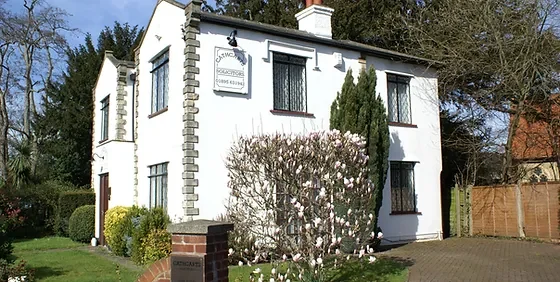When someone dies, all the assets in the estate will need to be valued as early possible for two key reasons. Firstly, an estate valuation must be provided to the probate registry before probate will be granted.
Secondly, any inheritance tax (IHT) due will need to be calculated and a payment made. In simple terms, IHT is calculated by deducting the value of any debts from the total value of all assets and any taxable lifetime gifts; the net amount which exceeds the IHT threshold of £325,000 will be charged at 40 per cent. However, there are likely to be reliefs and exemptions that can be claimed to reduce the tax. Sharon Heselton, senior associate and probate specialist explains how an estate will be valued after death, and what could be done to make that process easier.
How will assets be valued?
The personal representatives – the executors named in the will or any individual formally appointed to deal with the estate in the absence of a valid will – have the responsibility for valuing the estate. They will collect details of all assets so that they can establish a ‘probate value’ of all that was owned, and the value of any debts at the date of death. The value of assets will be determined as at the date of death.
Typical assets include:
- bank accounts, investments and premium bonds: the bank, investment company, etc will be able to provide the valuation or account balance of the asset on the date of death;
- shares: shares can be a trickier problem because their value for IHT purposes can be much higher than the market value on the date of death, particularly if there are shares in a family business. This is because they have to be valued in the context of any combined shareholding, for example with a surviving spouse. If there are several shareholdings or a substantial share portfolio, it may be necessary to engage a professional valuer or stock broker to provide a probate valuation;
- land and property: an estate agent or chartered surveyor will need to provide a market valuation on any property as at the date of death. If property was owned as tenants in common, the value of the share will be a proportion of the market value of the whole property;
- jewellery, antiques, paintings etc: it will be necessary to obtain an open market value of any expensive jewellery, antiques, collectibles, etc. (‘chattels’) which have been left behind; in some cases, a professional valuer’s opinion will be needed. Such a valuation will need to reflect the realistic selling price on the open market at the time of death. Similarly, house contents and other belongings will be valued according to their market value at the date of death. A rare 50p coin may, for instance, be worth £100 on someone’s death, but its value could rise to £2,500 six months later. Its probate value will be £100, but there could be tax considerations;
- digital assets: digital assets with a monetary value will also need to be valued for probate purposes, such as an online photo or music library, a social media account which generates revenues or valuable internet domain name; or
- lifetime gifts: any significant lifetime gifts which were made within seven years of death will be taken into account. This is because any cash gifts of more than £3,000 made in any year may be liable to inheritance tax. However, there are reliefs available for gifts made from excess income and other exemptions may be relevant.
What about debts?
Debts are not automatically wiped out when someone dies, and they will be taken into account when valuing the estate.
The total value of any debts, such as a loan secured on property, credit card debts, council tax or residential care fees and funeral expenses, will be calculated and deducted from the gross value of assets to provide a net estate value.
When personal representatives have valued the estate, they can deal with any IHT issues and apply for probate so that they can continue with administering the estate.
Everyone should consider producing a list of assets and details of where share certificates and so on are kept, so that the information is available if required – it can always be updated. Alongside this, an inventory of digital assets will also make life easier for personal representatives.
For further information on any probate or inheritance tax queries, please contact Sharon Heselton in the experienced private client team on 01753 279003 or email sharon.heselton@bpcollins.co.uk.
















